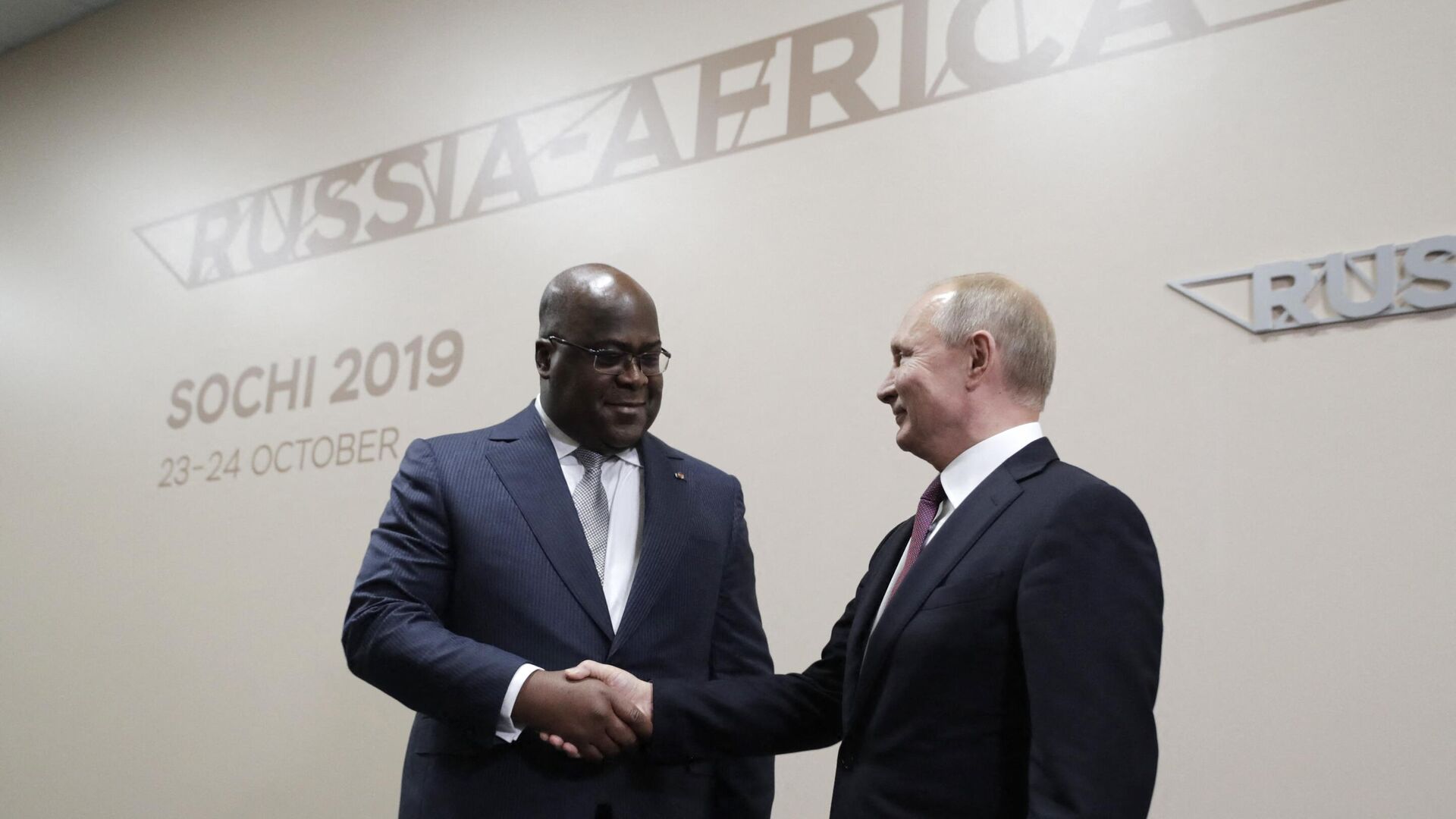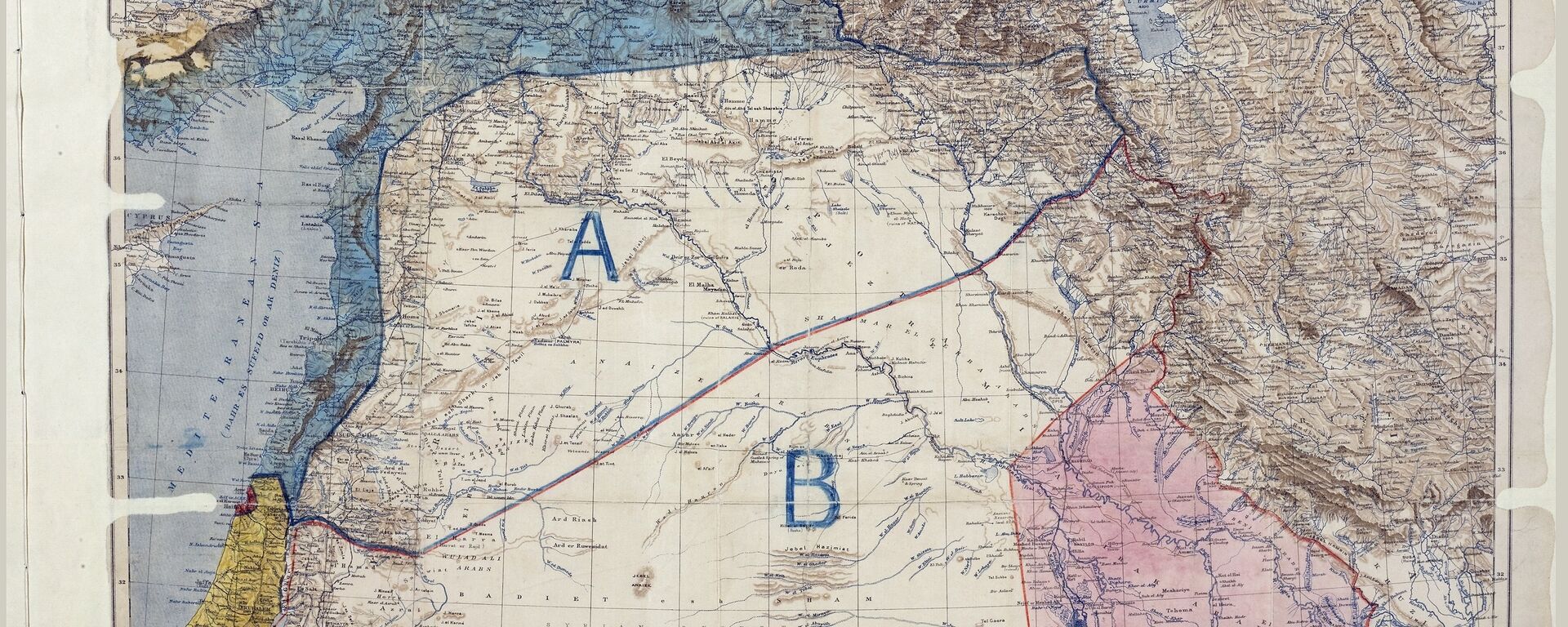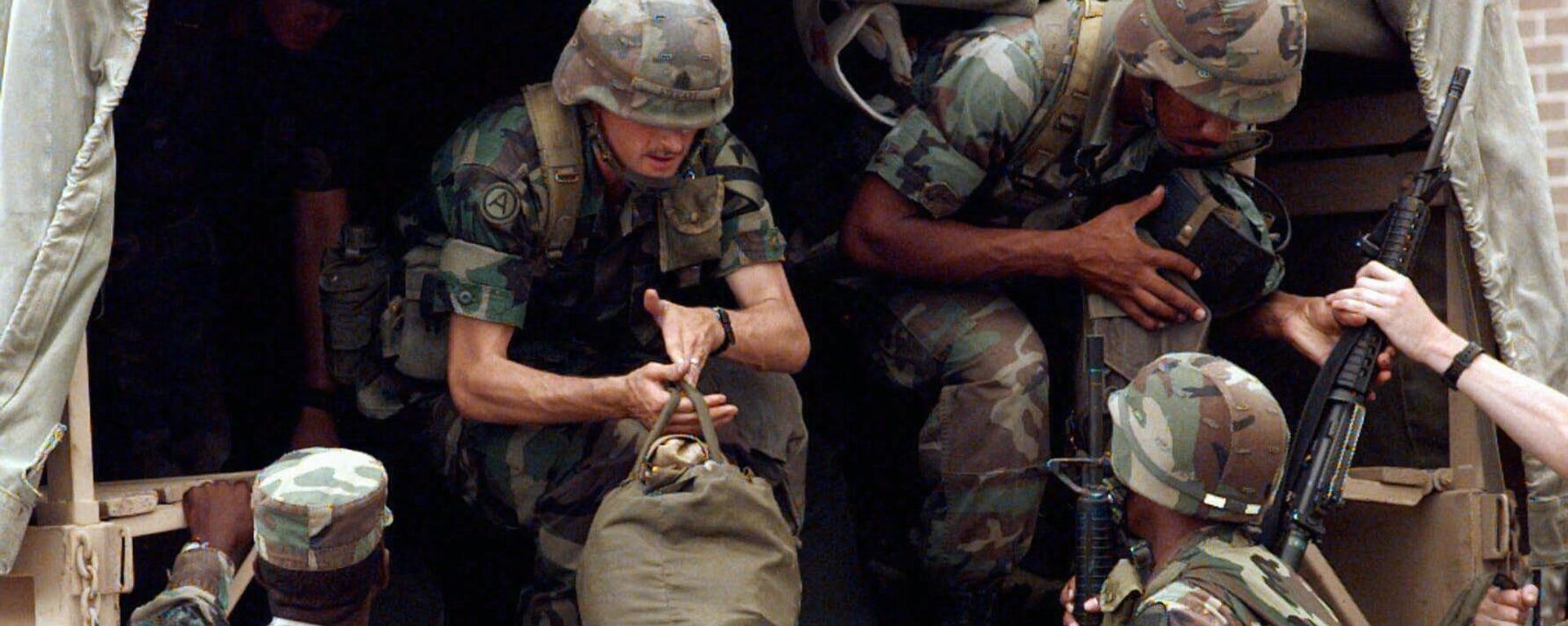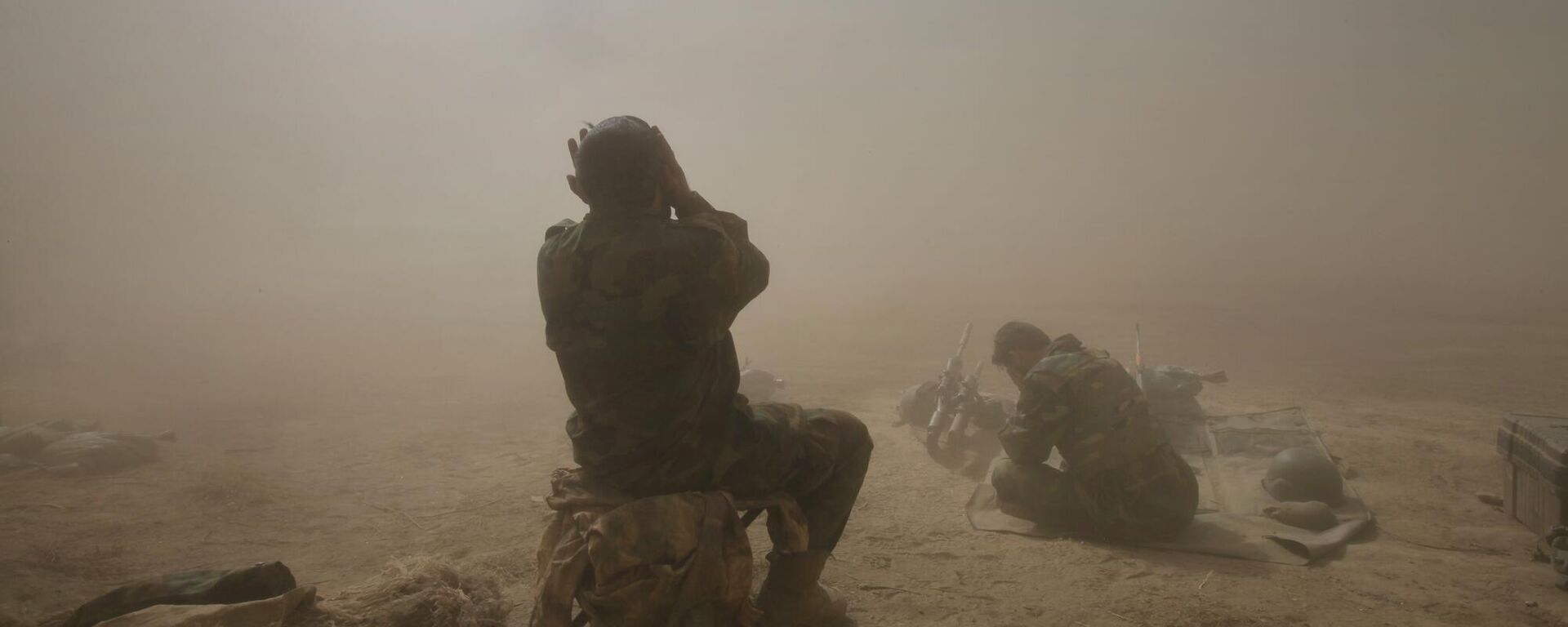Russia-Africa Ties Reemerge as World Powers Vie for Influence
Russian President Vladimir Putin meets with Felix Antoine Tshilombo Tshisekedi, President, Democratic Republic of the Congo, on the sidelines of the 2019 Russia-Africa Summit in Sochi on October 23, 2019
John MilesAn historical defender of anti-racist and anti-colonial causes, Russia is once again forging links across the African continent on the principles of voluntary partnership and respect for national sovereignty.As indigenous peoples successively threw off the yoke of colonialism during the mid-20th century, the continent of Africa emerged as an important front in the global battle between the United States and the USSR.Having renounced the colonial Sykes–Picot pact as one of the first acts of its post-revolutionary government, Russia stood as a strong anti-imperialist force as Europe’s territorial possessions became independent states. Soviet provision of financial aid and military support to anti-apartheid movements won the country goodwill throughout the continent, with many Africans seeing the USSR as a benevolent counterweight to Western domination.Today, with Russia and the United States increasingly representing two distinct geopolitical poles once more, former ties between Moscow and Africa are reemerging on the basis of voluntary partnership and respect for national sovereignty. Author and researcher Dr. Gerald Horne, a professor of history at the University of Houston in Texas, joined Sputnik’s The Critical Hour program Thursday to discuss the development. WorldMap That Changed Middle East: Sykes-Picot Deal and Century of Resentment19 May 2020, 19:00 GMT“It sounds to me like they’re getting the band back together,” said host Garland Nixon, noting security agreements taking shape with Mali, Niger and the Central African Republic. “Russia’s history and the Soviet Union’s history during the Cold War in Africa is very rich, shall we say. As the US empire pushes a new Cold War narrative, it seems to me that this is the natural outcome of it.”
WorldMap That Changed Middle East: Sykes-Picot Deal and Century of Resentment19 May 2020, 19:00 GMT“It sounds to me like they’re getting the band back together,” said host Garland Nixon, noting security agreements taking shape with Mali, Niger and the Central African Republic. “Russia’s history and the Soviet Union’s history during the Cold War in Africa is very rich, shall we say. As the US empire pushes a new Cold War narrative, it seems to me that this is the natural outcome of it.”
“There's obviously something to which you say,” responded Horne, who noted that many African countries face threats from jihadist movements funded by US Gulf allies. “Russia has to combat these same religious zealots oftentimes sponsored by US imperialism on their own soil. Not to mention in the vicinity – speaking of Syria, for example.”
“And we also know that the North Atlantic countries, particularly France, have made a hash out of their former colonies, like the Central African Republic,” he continued. “They have looted the CAR of one of its most precious resources, speaking of diamonds. They have not been effective in terms of combating any insurgencies that on the surface involve Christian forces versus Muslim forces.”Governments in the African Sahel have been particularly adamant about opposing Western influence in recent months, with countries expelling French and then US troops in succession. France is often viewed with resentment as a former colonial power in the region, which still maintains significant economic influence via the use of the Euro-pegged CFA franc currency.Polling shows that approval has risen for Russia across the region, with China also seen positively as the Asian power invests in infrastructure projects throughout the continent. Approval of the United States has declined as many countries reject the Biden administration’s heavy handed attempts to force nations to cut ties with Russia in the wake of the country’s special military operation in Ukraine. AfricaNorth African Countries Expel Western Military Presence27 April, 04:59 GMT“We understand why many African nations are now looking to Russia for assistance, because they see Russia as being less conflicted, given the fact that Russia has its own religious zealots that it’s seeking to combat,” said Horne. The expert predicted that countries like Nigeria would eventually reach out to Russia for assistance in combating armed groups like Boko Haram.In South Africa, the ruling African National Congress (ANC) party has lost its parliamentary majority for the first time in the country’s modern history, forcing it to seek a coalition with one or more smaller parties.The center-right Democratic Alliance (DA) party increased its vote share to 22%, but most of the opposition to the ANC positions itself on the left, represented by forces like the socialist uMkhonto weSizwe (MK) party and the anti-capitalist Economic Freedom Fighters (EFF). Land reform is a key demand of many components of the political opposition, who claim more action is required to address inequalities caused by apartheid.“The United States would like to see the ANC go into coalition with the DA,” said Horne. “But that would probably lead to a split and a rift within the ranks of the ANC, with many militants hotly opposed to having anything to do with this neo-apartheid party.”“South Africa faces a very difficult environment, not least because US imperialism is unhappy with South Africa, because it’s bringing the case before the International Court of Justice against US ally Israel, because of South Africa’s close alliance with Brazil, Russia, India, [and] China… the BRICS, for example.”
AfricaNorth African Countries Expel Western Military Presence27 April, 04:59 GMT“We understand why many African nations are now looking to Russia for assistance, because they see Russia as being less conflicted, given the fact that Russia has its own religious zealots that it’s seeking to combat,” said Horne. The expert predicted that countries like Nigeria would eventually reach out to Russia for assistance in combating armed groups like Boko Haram.In South Africa, the ruling African National Congress (ANC) party has lost its parliamentary majority for the first time in the country’s modern history, forcing it to seek a coalition with one or more smaller parties.The center-right Democratic Alliance (DA) party increased its vote share to 22%, but most of the opposition to the ANC positions itself on the left, represented by forces like the socialist uMkhonto weSizwe (MK) party and the anti-capitalist Economic Freedom Fighters (EFF). Land reform is a key demand of many components of the political opposition, who claim more action is required to address inequalities caused by apartheid.“The United States would like to see the ANC go into coalition with the DA,” said Horne. “But that would probably lead to a split and a rift within the ranks of the ANC, with many militants hotly opposed to having anything to do with this neo-apartheid party.”“South Africa faces a very difficult environment, not least because US imperialism is unhappy with South Africa, because it’s bringing the case before the International Court of Justice against US ally Israel, because of South Africa’s close alliance with Brazil, Russia, India, [and] China… the BRICS, for example.” AnalysisHard Times for US Soft Power Projection in Africa9 May, 04:16 GMT
AnalysisHard Times for US Soft Power Projection in Africa9 May, 04:16 GMT


